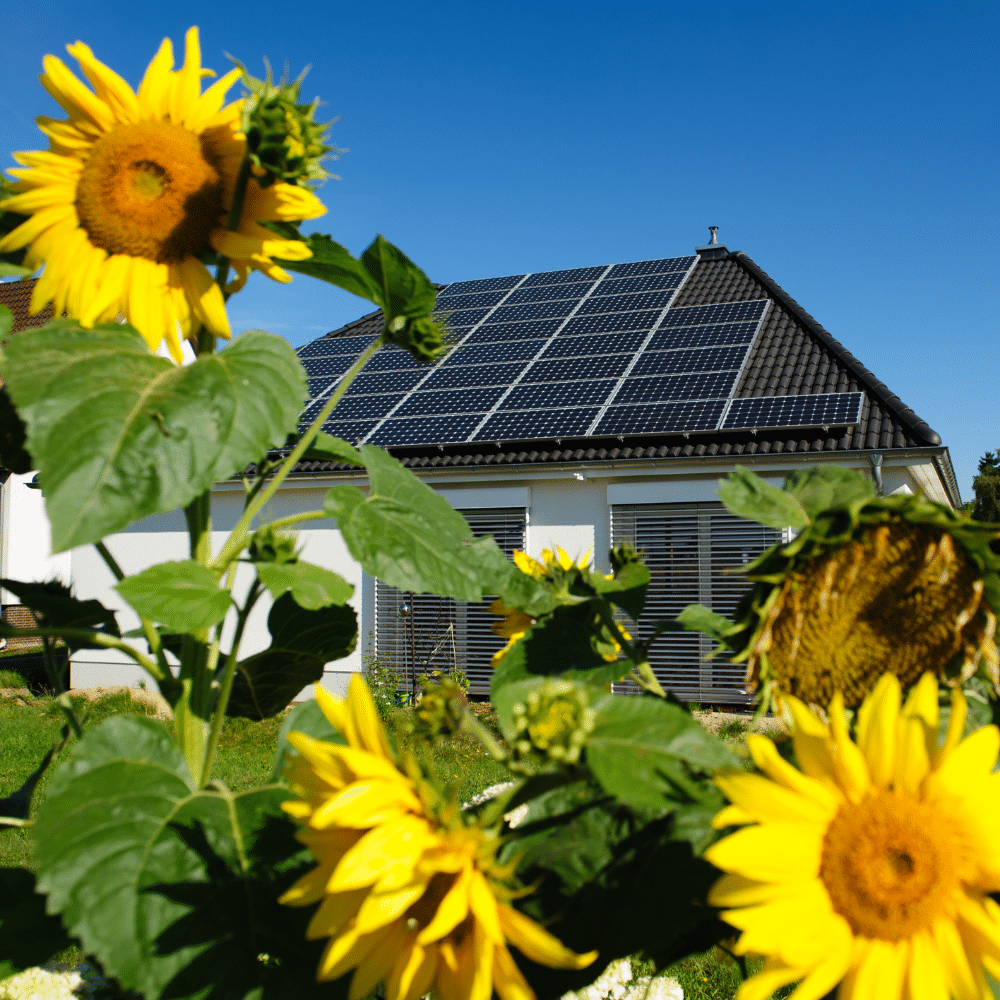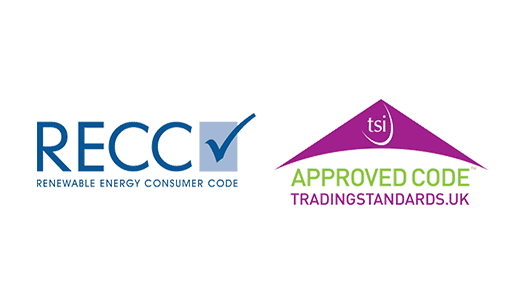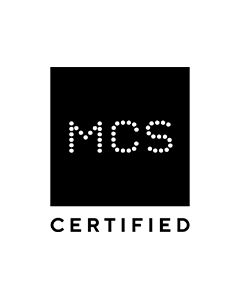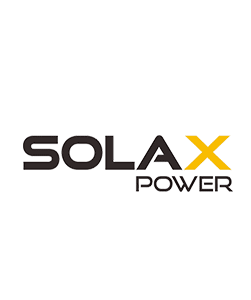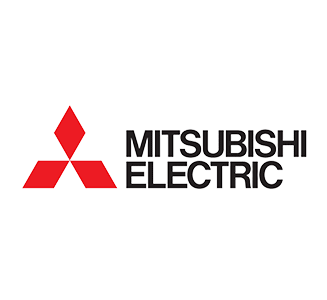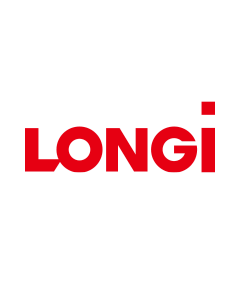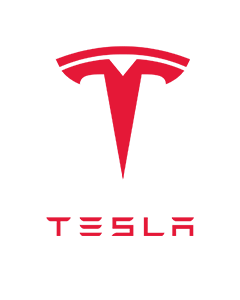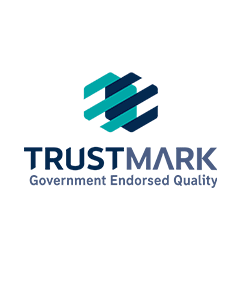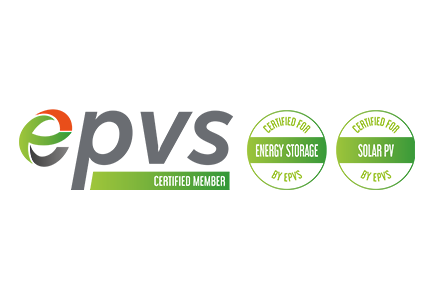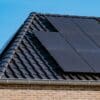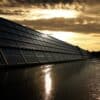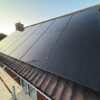What is Renewable Energy?
Firstly, renewable energy sources are those that can either be sustained indefinitely or are sustained Indefinitely. In contrast to fossil fuels, which have a limited supply and worsen the environment, renewable energy uses the strength of a variety of abundant natural resources to produce clean electricity. Solar, wind, hydroelectricity, biomass, and geothermal energy are a few examples of renewable energy sources.
Renewable energy sources possess several key characteristics that differentiate them from conventional energy sources. These characteristics include:
Abundance: renewable energy sources are dependent on abundant resources like sunlight, wind, and water. These resources do not run out as they are used, which makes them a viable long-term alternative.
Low or Zero Emissions: renewable energy technologies operate with low or no greenhouse gas emissions, making a significant contribution to reducing air pollution and combating climate change. Once the initial manufacturing process is taken into consideration, solar energy in particular leaves a very small carbon impact.
Energy Independence: Because renewable energy sources may be used domestically and regionally, they have the potential to increase energy independence. This lessens dependency on imported fossil fuels, improves energy security, and fosters community economic development.
Diverse Applications: renewable energy has a wide range of applications, including electricity generation, heating, cooling, and transportation. This adaptability makes it possible to incorporate renewable energy into several aspects of our daily life.
Among the different renewable energy sources, solar energy stands out as a highly promising and abundant resource. It harnesses the power of sunlight, which is available in almost unlimited quantities. The Sun continuously radiates immense amounts of energy that can be captured and converted into usable electricity or thermal energy.
As a renewable resource, solar energy has many benefits. It eliminates all direct emissions while in use, lowering air pollution and greenhouse gas emissions. Solar panels are durable, need little upkeep, and provide consistent energy generation for many years. Additionally, solar energy systems are flexible to a variety of energy needs because they can be put on a wide range of scales, from tiny residential installations to huge solar farms.
The operation of solar panels, photovoltaic technology, the function of solar inverters and batteries, and the renewability of solar energy will all be covered in the following sections. We will learn more about the complexity of solar energy and its potential as a sustainable energy source.
Solar energy is an exciting and quickly developing sector that has the potential to completely change the way we obtain and use energy. Solar energy has become a well-known remedy as the globe struggles with the problems brought on by climate change and the need to switch to cleaner, more sustainable energy sources. We’ll go into the topic of whether solar energy is indeed renewable in this blog post.
Solar energy is the term used to describe the Sun’s radiant heat and light, which can be captured and transformed into useful electrical or thermal energy. Solar panels, also known as photovoltaic (PV) panels, which include solar cells that convert sunlight directly into electricity, can be used to collect this energy.
Solar energy has seen a tremendous rise in popularity over the past several years. The extensive use of solar energy systems is a result of the falling costs of solar panels, numerous government incentives, and growing environmental awareness. Solar energy is becoming more and more popular as a clean and sustainable substitute for traditional energy sources among homeowners, companies, and even large-scale power plants.
Although solar energy is frequently promoted as a sustainable energy source, it is important to look at what constitutes renewable energy and determine whether solar energy adheres to those standards. We may comprehend the renewability of solar energy more fully by examining its features and the effects it has on the environment and energy systems.

Understanding solar panels
Solar panels are at the heart of solar energy systems and play a crucial role in converting sunlight into usable electricity. Understanding how solar panels work is essential to grasp the intricacies of harnessing solar energy effectively.
Individual solar cells—typically silicon-based—that may generate power from sunlight make up solar panels. Direct current (DC) power is produced when sunlight strikes the solar cells, which activate the silicon’s electrons. To power our homes and places of business, this direct current (DC) electricity must be transformed into alternating current (AC) electricity.
The technology behind solar panels is known as photovoltaics (PV). Photovoltaic cells are semiconductors that generate electricity when exposed to sunlight. They comprise layers of specially treated silicon, which creates an electric field capable of separating electrons from the atoms.
When photons from sunlight strike the PV cells, they transfer their energy to the electrons, causing them to become mobile and create an electric current. This current is then captured by metal conductors within the solar cells, forming an electrical circuit. Multiple solar cells are interconnected within a solar panel to enhance electricity generation capacity.
By converting the DC electricity generated by solar panels into AC electricity appropriate for use in our homes and companies, solar inverters play a crucial role in solar energy systems. The majority of electrical gadgets and the power grid use AC electricity as its standard form.
By altering the voltage and frequency to meet the needs of the electrical grid, solar inverters guarantee the effective and secure conversion of electricity. Additionally, they make it possible for net metering, a system that enables surplus solar power to be put back into the grid in order to generate credits or lower electricity costs.
In addition to solar inverters, energy storage systems, such as batteries, play a crucial role in maximizing the utilization of solar energy. Batteries store excess electricity generated by solar panels during the day for use during times of low or no sunlight, such as at night or during cloudy days. This enables solar energy systems to provide a consistent and reliable power supply, even when sunlight is unavailable.
Solar energy systems can optimise energy use, lessen reliance on the grid, and improve overall system efficiency and resilience by skillfully integrating solar inverters and energy storage options.
It’s critical to look at the sun, which is solar energy’s primary source, to determine whether solar energy can be replenished. Sunlight that reaches the Earth is captured by solar energy systems, which then transforms it into useful electricity. Solar energy will continue to be a renewable resource that can be continuously replenished without running out as long as the Sun shines.
Sunlight is a never-ending source of incredible abundance. The Earth receives enormous amounts of solar energy every day, significantly more than we currently use. The Sun emits enough energy in a single hour to power the entire Earth for a year, according to estimates.
In addition, sunshine is available practically everywhere on Earth, making solar energy practical in different regions. Because of its widespread accessibility, solar energy may be used to generate electricity on a worldwide scale, which helps create a more diverse and sustainable energy mix.

Should you invest in solar panels?
Investing in solar panels offers a range of benefits that make it a worthy investment. Let’s explore the various reasons why solar panels are an excellent financial choice for homeowners and businesses alike.
Lower energy costs: By using solar panels, you may produce your own electricity and rely less on the grid. As a result, you can greatly reduce your monthly energy expenses, which is especially advantageous given the ongoing increase in electricity rates.
Return on investment: Solar panels have a strong return on investment (ROI). Although the installation’s initial cost may appear high, the money you will save on power bills over time will rapidly pay for the installation. Solar panel installations frequently pay for themselves over a period of several years, providing years of free or greatly discounted electricity.
Property value increase: Solar panels can raise the value of your house. According to studies, houses with solar panels typically sell for more money and are off the market quicker. Your property will be more appealing to buyers because of the long-term energy savings and environmental advantages that come with solar power.
Tax credits and incentives: To promote the use of solar energy, many governments offer tax credits and incentives. Solar panels can become even more affordable thanks to these financial advantages, which can drastically reduce installation costs. The Federal Investment Tax Credit (ITC) in the United States, Feed-in Tariffs (FiTs) in various nations, and grants or refunds provided by municipal governments are a few examples.
Net metering: With net metering, solar panel owners can feed any extra electricity they create back into the grid and receive credits. When solar production is low, these credits can be utilised to offset electricity expenses, guaranteeing that your solar investment will be as profitable as possible.
Protection against rising energy costs and inflation
Energy cost predictability: Purchasing solar panels protects you from future energy price hikes. You become less susceptible to changes in electricity prices as you create your own electricity. You can manage your money more effectively and make future plans thanks to this consistency.
Solar power systems serve as a hedge against inflation. Your solar panels offer a constant and reliable source of electricity at a cheaper cost, but the cost of electricity tends to increase over time owing to inflation. Over the course of your solar panel system’s lifetime, this might lead to significant savings.
Investing in solar panels offers a compelling financial case while also delivering environmental and social benefits. With decreasing installation costs, attractive financial incentives, and long-term savings on energy bills, solar panels have become an increasingly attractive investment option.

Conclusion
From a financial perspective, solar panels provide long-term savings on electricity bills, offering a substantial return on investment. With reduced energy costs, increased property value, and potential government incentives, solar panels can pay for themselves and continue to provide free or low-cost electricity for many years.
Furthermore, solar panels offer protection against rising energy costs and inflation. By generating your own electricity, you become less susceptible to fluctuating electricity rates, providing stability and predictability for your energy expenses. This also acts as a hedge against inflation, ensuring continued cost savings and financial security.
Beyond the financial benefits, investing in solar panels demonstrates a commitment to environmental stewardship. Solar power is a clean, renewable energy source that reduces greenhouse gas emissions and helps combat climate change. By choosing solar energy, you contribute to a greener and more sustainable future, making a positive impact on the environment and society as a whole.
Additionally, installing solar panels aligns with corporate social responsibility efforts, enhancing brand reputation and attracting socially conscious customers. Embracing solar power showcases your commitment to sustainability, setting a positive example for others and inspiring further adoption of renewable energy solutions.
As the cost of solar panel installation continues to decrease and government support for renewable energy grows, the value and accessibility of solar energy as an investment option become even more compelling.
In making the decision to invest in solar panels, homeowners and businesses can enjoy financial savings, energy independence, and the satisfaction of contributing to a cleaner and more sustainable world. So, why wait? Join the solar revolution and embrace the power of the sun. Creativ can help with everything from pre-sale queries to the installation of solar panels on your property. Why not contact us to see how we could help you?

